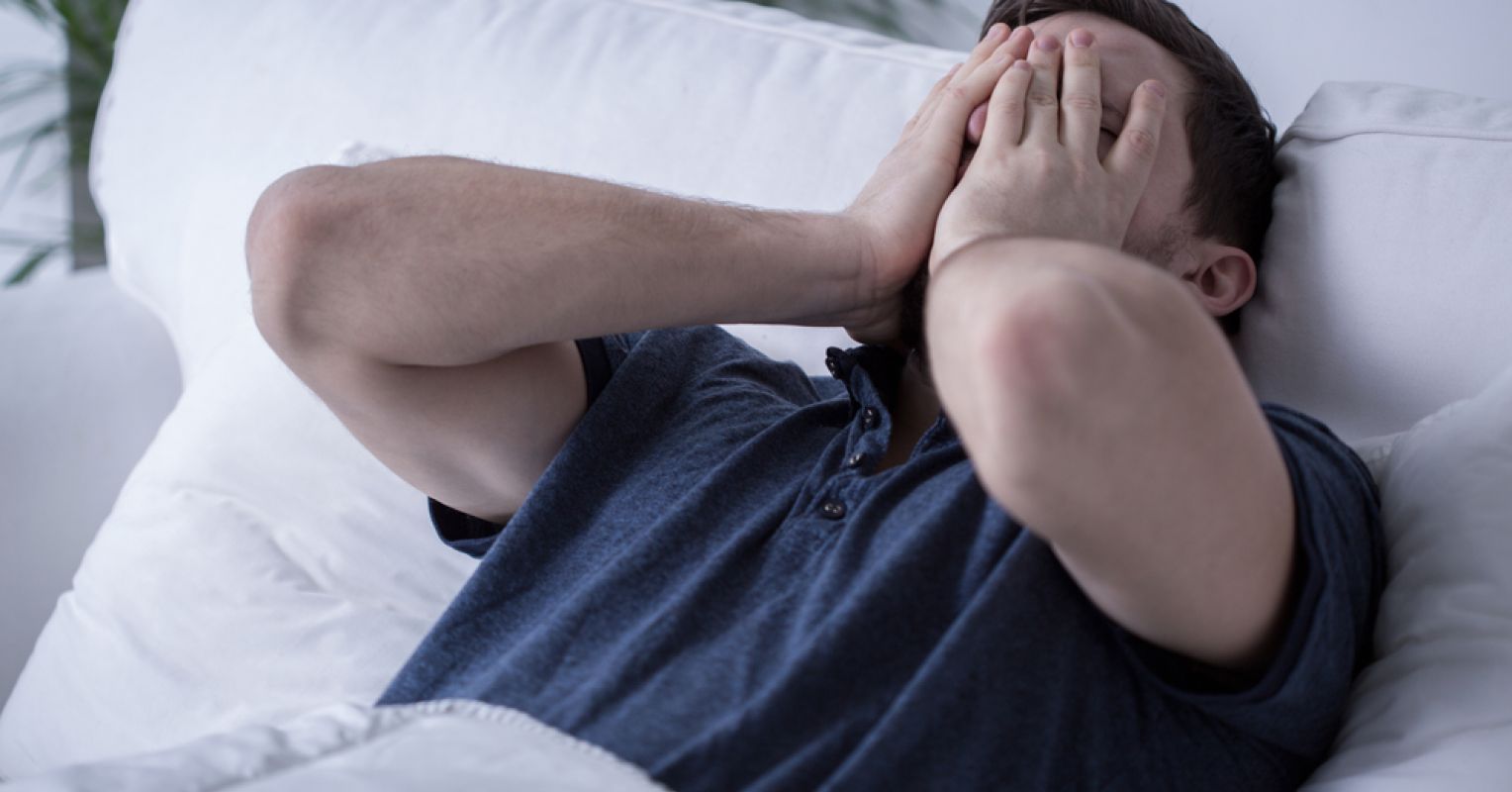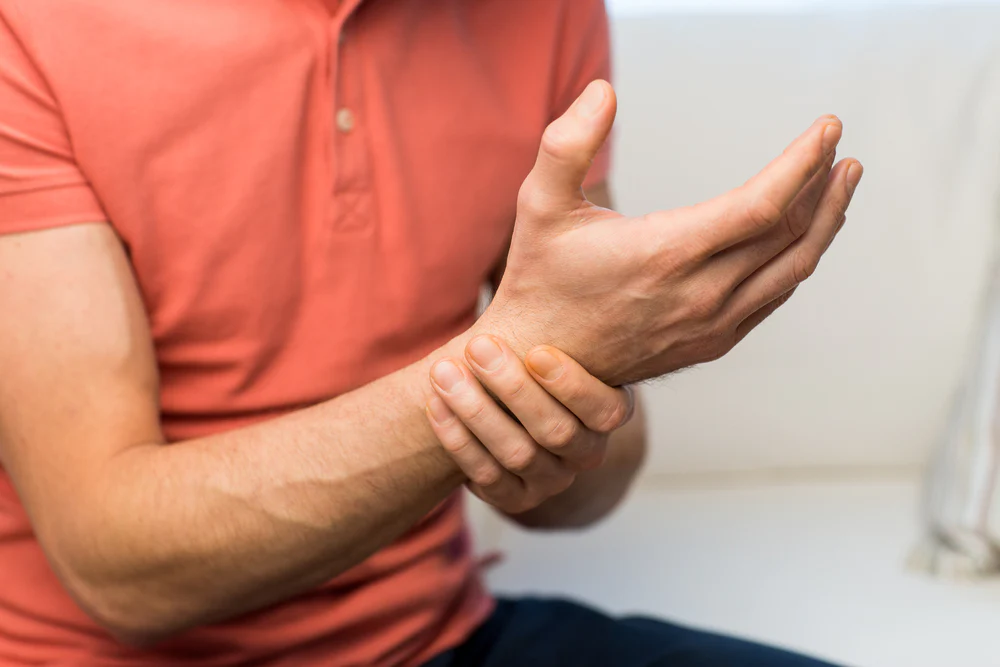Sleep Disorders and Conditions
Why Do We Twitch When We Sleep?
Have you ever been suddenly jolted awake by a sudden twitch or jerk of your body while sleeping? This involuntary muscle spasm that occurs during sleep is known as a hypnic jerk. Although it can be unsettling and disrupt your sleep, it is usually harmless. In this blog, we will delve into the reasons behind hypnic jerks and what you can do to prevent them.
What is a hypnic jerk?
A hypnic jerk is a sudden muscle contraction that occurs as you are drifting off to sleep. It usually happens during the transition from wakefulness to sleep, and you may feel as though you are falling or tripping. Hypnic jerks can occur once or multiple times throughout the night, and they can range from a mild twitch to a violent jolt.
Why causes hypnic jerks?
The exact cause of hypnic jerks is unknown, but there are several theories. One theory suggests that hypnic jerks are a result of the body's natural process of relaxing muscles during sleep. As your muscles relax, your brain may interpret this as falling, leading to a sudden jerk.
Another theory suggests that hypnic jerks may be a protective mechanism. During the transition from wakefulness to sleep, your body temperature drops, and your heart rate and breathing slow down. Hypnic jerks may help to ensure that your body is still responsive and can react quickly in case of danger.
Additionally, factors such as stress, anxiety, caffeine, and alcohol consumption can increase the likelihood of hypnic jerks. These factors can overstimulate the nervous system, leading to an increased risk of muscle spasms during sleep.
Are hypnic jerks harmful?
Hypnic jerks are usually harmless and do not require medical attention. However, if they occur frequently and disrupt your sleep, it can lead to daytime fatigue and decreased alertness. This can affect your ability to function during the day, leading to decreased productivity and an increased risk of accidents.
How to prevent hypnic jerks?
While there is no surefire way to prevent hypnic jerks, there are several things you can do to reduce the likelihood of their occurrence. These include:
Reducing caffeine and alcohol consumption: As mentioned earlier, caffeine and alcohol can overstimulate the nervous system, leading to an increased risk of muscle spasms during sleep. Reducing or avoiding these substances can help to decrease the likelihood of hypnic jerks.
Maintaining a regular sleep schedule: Going to bed and waking up at the same time each day can help to regulate your body's natural sleep-wake cycle. This can help to reduce the likelihood of hypnic jerks.
Reducing stress and anxiety: Stress and anxiety can increase the likelihood of hypnic jerks. Engaging in relaxation techniques such as deep breathing, meditation, or yoga can help to reduce stress and anxiety, leading to a better night's sleep.
Creating a sleep-conducive environment: Creating a sleep-conducive environment, such as keeping the bedroom dark, cool, and quiet, can help to promote better sleep and reduce the likelihood of hypnic jerks.
Hypnic jerks are a common occurrence during sleep and are usually harmless. While the exact cause of hypnic jerks is unknown, reducing stress, anxiety, caffeine, and alcohol consumption, maintaining a regular sleep schedule, and creating a sleep-conducive environment can help to reduce the likelihood of their occurrence. If hypnic jerks persist and disrupt your sleep, it is important to speak with your healthcare provider to rule out any underlying medical conditions.
Sleep Disorders and Conditions
Sleepless in Psychiatry: Unraveling the Role of Sleep in Neuropsychiatric Illnesses
Sleep Disorders and Conditions
When Sleep Disorders Clock In: Insomnia’s Impact on Productivity of Young Adults
Sleep Disorders and Conditions
Why Does My Body Twitch When I Sleep
Sleep Disorders and Conditions
Hypnic Jerk: Why Do I Twitch in My Sleep?
Sleep Disorders and Conditions
When your Arm Falls Asleep: Causes and Treatments
Sleep Disorders and Conditions







